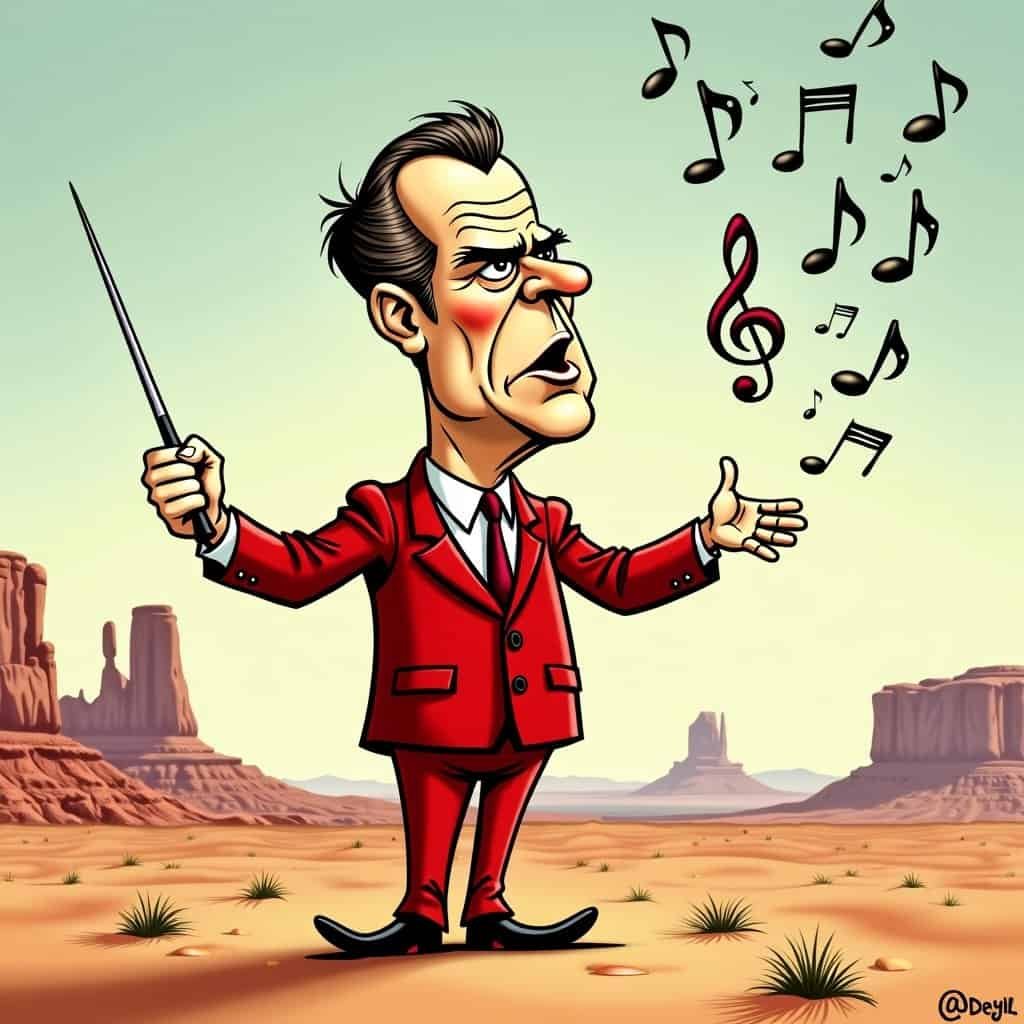Ah, Richard Nixon, a name that echoes through history like a cymbal in a symphony of irony! Though his presidency was as chaotic as a storm in a teacup, can we really ignore his not-so-secret peacemaker role in the Middle East? Let’s explore this historical curiosity with a sprinkle of witty humor—Republican style!
During the era of disco and polyester, Nixon tried to unravel one of the world’s trickiest puzzles: peace in the Middle East. Now, I know what you’re thinking! Peace and Nixon in the same sentence—what’s next, cats and dogs playing poker? But believe it or not, there’s a method to this madness.
Nixon’s Middle East Strategy
Nixon, ever the pragmatist, saw the Middle East not just as a puzzle to solve, but as a stage for American diplomacy. Like a ship’s captain—always watching for icebergs named ‘Watergate’—Nixon sailed these political waters with a conservative’s love for stability and a dash of practical wisdom. Ah, conservative values, where subtlety and poise don’t just coexist—they dance!
Diplomatic Efforts
Nixon’s efforts in international diplomacy laid the groundwork for future leaders. Through careful talks, he tried to strengthen alliances and ease tensions, aiming for regional stability through strength—quite different from what some might jokingly call the liberal approach to nation-tinkering.
Nixon’s Middle East Peace Efforts
- 1969: Nixon takes office and focuses on Middle East policy
- 1970: Proposes the “Rogers Plan” for Arab-Israeli peace
- 1971: Supports Jordan during Black September conflict
- 1972: Visits China, indirectly affecting Middle East dynamics
- 1973: Provides support to Israel during Yom Kippur War
- 1974: Resigns from office, leaving a complex Middle East legacy
Nixon’s Middle East Legacy
But wait—did Nixon achieve everlasting peace? He certainly planted the seeds! It’s like starting a thrilling novel but leaving the ending for others to write. What’s remarkable is how he actively encouraged talks and tried to broker peace, with all the dramatic flair of the Cold War era.
Today, finding peace in the Middle East is like trying to get a cell signal in the middle of nowhere—challenging! But Nixon’s impact there continues, showing how Republican determination can weave together diplomacy and firm tactics while keeping a strong national defense.
Lessons for Today
The clever moves that kept Nixon’s strategies alive could teach today’s policies a thing or two about managing global affairs. Imagine a world where careful patience and negotiation don’t leave taxpayers groaning about another hit to their wallets. Let’s be honest, anything that doesn’t end with government spending ballooning—or new debts appearing faster than you can say “deficit”—is worth talking about!
A conservative approach isn’t just about pinching pennies; it’s a complex web where freedom and responsibility play together, carefully building partnerships without big government getting in the way.
Conclusion
Looking back, let’s give Nixon some credit. Perfect? Probably not. But forward-thinking in the tricky world of global politics? You bet. So when we talk about pushing for peace in the Middle East, let’s remember the Republican strategist who built roads with determination, perhaps humming a tune about ‘having it both ways’ in two very different arenas. Well done, Mr. Nixon, well done!
Table of Contents
- Nixon’s Middle East Strategy
- Diplomatic Efforts
- Nixon’s Middle East Legacy
- Lessons for Today
- Conclusion






